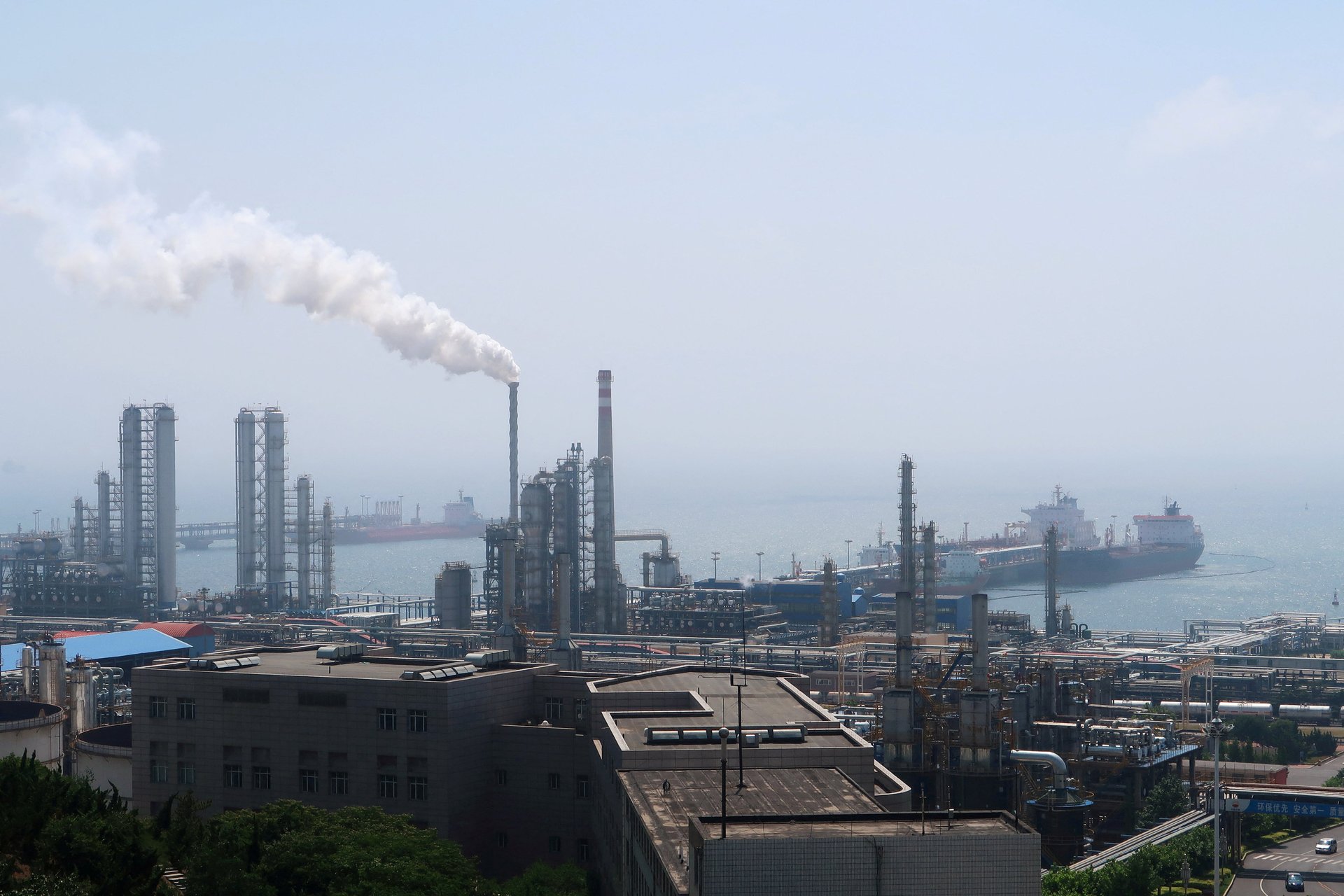China's slowing economy means its energy demand could peak by 2025
“China has changed the energy world, but now China is changing," the International Energy Agency said.

China’s total energy demand could peak “around the middle of this decade” as the country’s economic growth slows, according to the International Energy Agency. That would have major implications for the world’s energy markets.
Suggested Reading
In its annual World Energy Outlook report released on Oct. 24, the Paris-based body noted that “[m]omentum behind China’s economic growth is ebbing and there is greater downside potential for fossil fuel demand if it slows further.” Under the IEA’s forecast for 4% annual GDP growth through 2030, China’s total energy use would peak by around 2025, resulting in a declining fossil fuel use and emissions.
Related Content
To quantify how China has shaped global energy trends in past years: the manufacturing powerhouse accounted for over 50% of global energy demand growth and 85% of the rise in energy sector CO2 emissions over the past decade. But as China’s working population continues to shrink, there will be less need for investment—and the energy to power them.
As the IEA noted: “China has changed the energy world, but now China is changing.”
In spite of its economic slowdown, China continues to be an energy behemoth by dint of its sheer size.
Take petrochemicals. The country is rapidly ramping up domestic production of high-end chemicals for clean energy products like lithium-ion batteries and solar panels.
Between 2019 and 2024, China is set to add as much petrochemical capacity as the combined capacity of all OECD countries in Europe and Asia, according to the IEA. The move is a strategic one: Beijing wants to cement its dominance of clean energy supply chains, and making key materials critical to clean energy technologies gives China leverage over important production nodes.
Meanwhile, China is likely to ramp up exports of clean energy products like solar panels, batteries, and electric vehicles to offset slowing sales and demand at home.
Chinese producers already account for 80% of global solar panel manufacturing capacity, and the IEA expects China to maintain that share even as other countries increase domestic production. But this export push “could have implications for—already strained—trade relations,” the IEA notes.
To wit: Europe’s just-launched anti-subsidy investigation into Chinese EVs, which Beijing has slammed as protectionist.